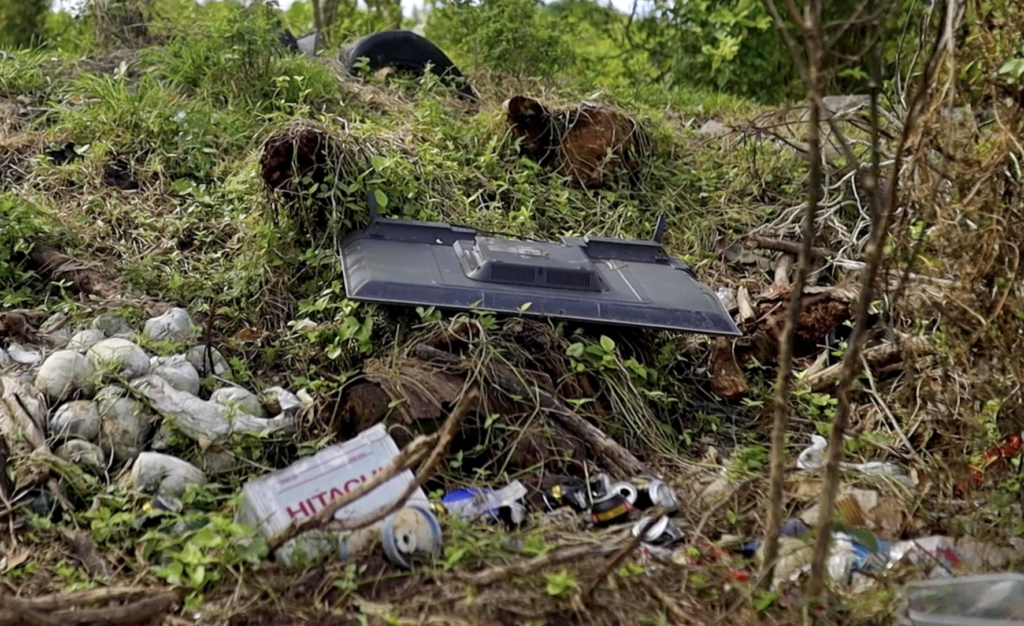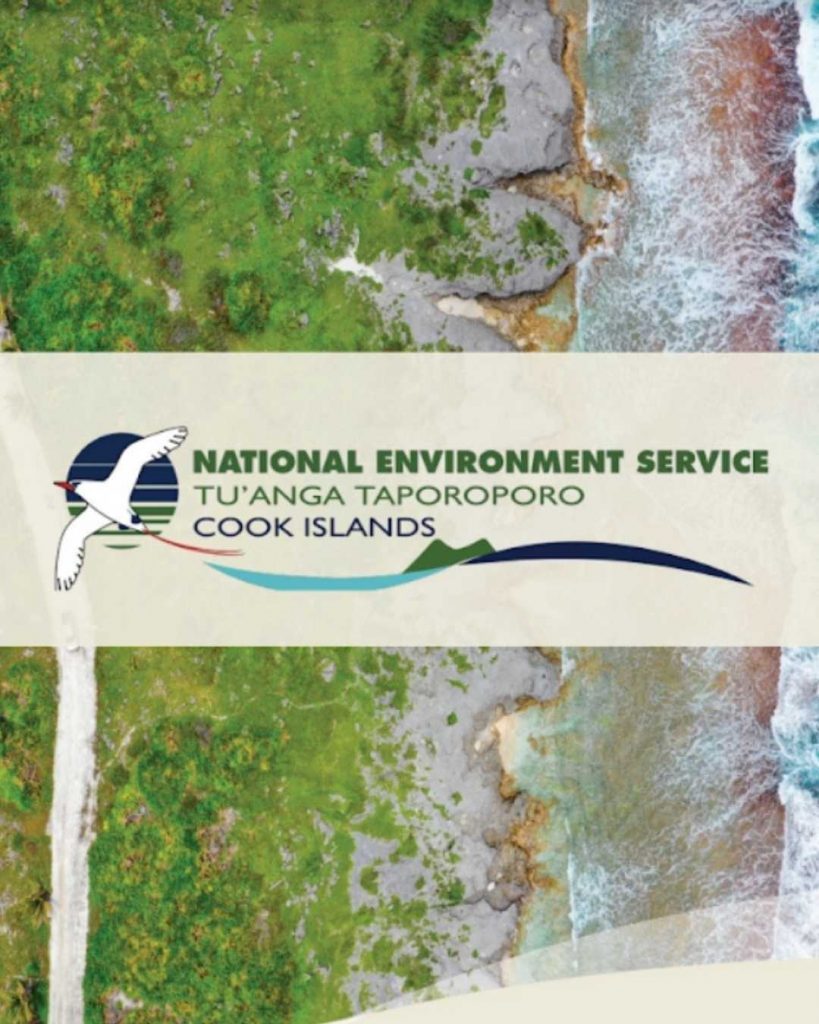Tekura Moeka’a was part of the Cook Islands delegation that included representatives from OPM – CCCI, MOA, TIS, TKO, MFEM – DCD, MFAI, CIIC, BCI and ADB Regional Coordination Office that returned from a four-day regional training workshop on climate solutions for Pacific Developing Member Countries (DMCs) last month. It was hosted at the Swissotel, Sydney Australia and led by Asia Development Bank (ADB). The sessions provided a deep dive into global climate policy frameworks and strategies.
The workshop emphasized that climate change is a multifaceted challenge requiring integrated solutions across sectors. Participants explored diverse strategies, from enhancing climate resilience in infrastructure to addressing vulnerabilities in disaster-prone regions. A key takeaway was the urgent need for increased financial support directed towards adaptation efforts tailored to our unique vulnerabilities and development status.
Despite our small carbon footprint, the reliance on loans rather than grants for climate finance continues to pose significant challenges, necessitating enhanced international cooperation and support. These insights reinforce our commitment to aligning national strategies with global climate goals and advocating for equitable access to climate finance resources. Ensuring sustainable and resilient development in the Cook Islands requires a concerted effort to secure more grants and reduce our dependency on loans, especially given the financial strains of the post-COVID-19 era.
The Cook Islands’ Climate negotiators are advocating for customised financial assistance under Article 2.1 (c) of the Paris Agreement highlights our leadership role in the region. Securing grants remains a vital need for us, and our efforts in this area underscore the importance of tailored financial mechanisms to support our unique vulnerabilities and development needs.
Tekura noted that the workshop provided her with valuable insights to encourage alignment of national strategies with global climate goals and understanding security and equitable climate finance. She further commented, “This workshop has equipped me with information and has also raised new questions, all of which will help us advance towards a resilient and sustainable future.”
Tekura concluded and emphasised the importance of continued learning and collaboration in tackling climate challenges. The knowledge gained and the discussions held during the workshop will play a pivotal role in shaping the Cook Islands’ approach to climate resilience.







